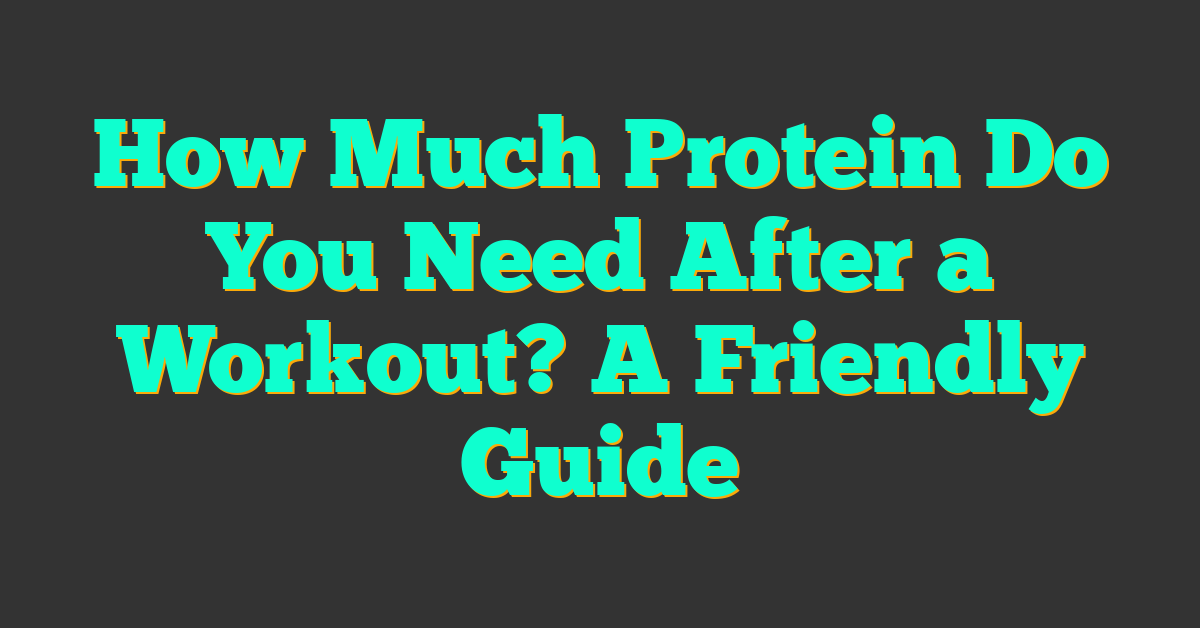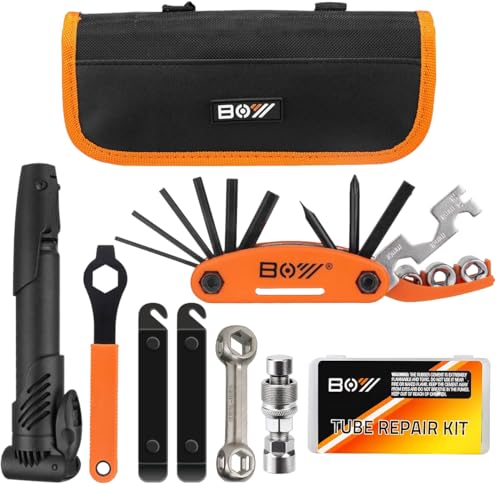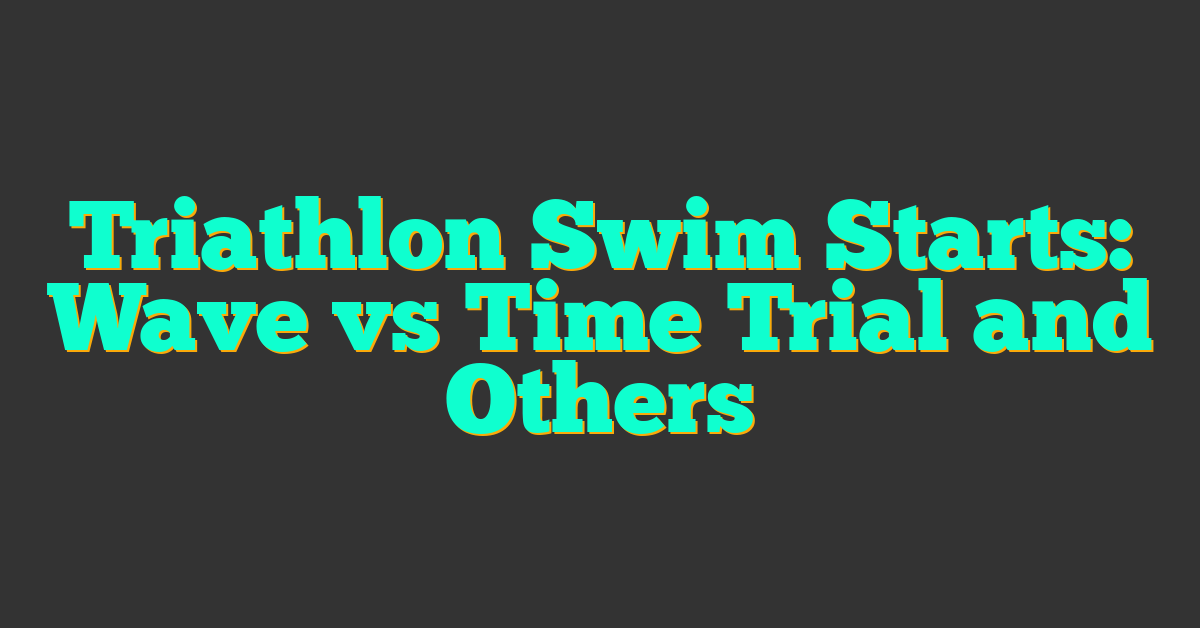If you’re looking to maximize your workout gains, you’ve probably heard that protein is an essential nutrient for post-workout recovery. But how much protein do you actually need? The answer depends on a variety of factors, including your body weight, exercise intensity, and fitness goals. In this article, we’ll explore the science behind protein’s role in recovery and provide practical tips for customizing your post-workout nutrition plan.

Understanding Protein’s Role in Recovery
Protein is a macronutrient that plays a critical role in muscle repair and growth. When you exercise, your muscles undergo microscopic damage that must be repaired in order to grow stronger. Protein provides the building blocks (amino acids) needed to repair and rebuild muscle tissue. Consuming protein after a workout can also help reduce muscle soreness and improve overall recovery time.
Key Takeaways
- Protein is essential for post-workout recovery and muscle growth.
- Your protein needs depend on factors such as body weight, exercise intensity, and fitness goals.
- Consuming protein after a workout can help reduce muscle soreness and improve overall recovery time.
Understanding Protein’s Role in Recovery
https://www.youtube.com/watch?v=tnIBlANNJ_E&embed=true

After a workout, your muscles are in a state of breakdown and require essential nutrients to repair and recover. One of the most important nutrients for muscle recovery is protein. In this section, we will discuss the role of protein in muscle recovery and growth.
Muscle Repair and Growth
Protein is the building block of muscle tissue, so it’s not surprising that protein helps bulk up your muscles. When you perform strenuous exercise, tiny tears form in your muscle fibers. Protein helps repair these tears, which promotes muscle growth.
In addition to promoting muscle growth, protein also helps prevent muscle loss. When you exercise, your muscles use glycogen as fuel. If you don’t consume enough protein after your workout, your body may break down muscle tissue to use as fuel instead. Consuming protein after exercise helps prevent this muscle breakdown and promotes muscle growth.
Protein Synthesis and Nutrient Timing
Protein synthesis is the process by which your body uses amino acids to build new muscle tissue. Consuming protein after exercise can help stimulate protein synthesis, which promotes muscle growth.
The timing of your protein consumption is also important. Consuming protein within 30 minutes to an hour after your workout can help maximize muscle protein synthesis. This is because your muscles are more sensitive to the effects of protein immediately after exercise.
In addition to protein, consuming carbohydrates after exercise can also be beneficial. Carbohydrates help replenish glycogen stores, which can help reduce fatigue and improve performance in future workouts.
In conclusion, consuming protein after exercise is essential for muscle recovery and growth. Protein helps repair muscle tissue, prevent muscle breakdown, and stimulate muscle protein synthesis. To maximize the benefits of protein, it’s important to consume it within 30 minutes to an hour after your workout. Additionally, consuming carbohydrates can also be beneficial for muscle recovery.
Determining Your Protein Needs
https://www.youtube.com/watch?v=Pok0Jg2JAkE&embed=true
After a workout, it’s important to consume enough protein to help your muscles recover and grow. But how much protein do you actually need? There are several factors that influence your protein requirements, including your weight, age, and activity level.
Factors Influencing Protein Requirements
Your protein needs will vary depending on your weight and activity level. Research suggests that active individuals may need more protein than sedentary individuals to help build muscle and support recovery. Additionally, as you age, your body may become less efficient at using protein, so you may need to consume more to maintain muscle mass.
Registered dietitians suggest that you should aim for at least 0.36 grams of protein per pound of body weight per day. However, if you’re looking to build muscle, you may need to consume more. Some experts recommend consuming up to 1.2 to 1.7 grams of protein per kilogram of body weight per day to support muscle growth.
Calculating Protein Intake Based on Body Weight
To calculate your protein intake based on your body weight, multiply your weight in pounds by 0.36. For example, if you weigh 150 pounds, you should aim to consume at least 54 grams of protein per day. If you’re looking to build muscle, you may need to consume more.
To help you meet your protein needs, consider incorporating protein-rich foods into your meals and snacks. Good sources of protein include lean meats, fish, eggs, dairy products, beans, and nuts. You may also want to consider using protein supplements, such as whey protein powder, to help you meet your protein needs.
Remember, consuming enough protein after a workout is important for supporting muscle recovery and growth. By understanding your protein requirements and incorporating protein-rich foods into your diet, you can help ensure that you’re meeting your dietary allowance for protein and supporting your fitness goals.
Best Protein Sources for Post-Workout
https://www.youtube.com/watch?v=PJNorBZk6WQ&embed=true
After a workout, your body needs protein to repair and rebuild muscle fibers. Protein is essential for muscle growth and recovery. Here are some of the best protein sources for post-workout:
Animal-Based Proteins
Animal-based proteins are excellent sources of complete protein, which means they contain all of the essential amino acids that your body needs. Here are some examples:
- Eggs: Eggs are a great source of protein, with about 6 grams of protein per large egg. They are also rich in vitamins and minerals.
- Fish: Fish is a great source of protein, with about 20 grams of protein per 3-ounce serving. It is also rich in omega-3 fatty acids, which are essential for heart health.
- Cheese: Cheese is a good source of protein, with about 6 grams of protein per 1-ounce serving. It is also rich in calcium.
- Beef Jerky: Beef jerky is a convenient and portable snack that is high in protein, with about 9 grams of protein per 1-ounce serving.
- Greek Yogurt: Greek yogurt is a great source of protein, with about 23 grams of protein per 8-ounce serving. It is also rich in calcium and probiotics.
Plant-Based Proteins and Supplements
Plant-based proteins are a great option for vegetarians and vegans. They are also a good option for people who are lactose intolerant or have other dietary restrictions. Here are some examples:
- Nuts: Nuts are a good source of protein, with about 6 grams of protein per 1-ounce serving. They are also rich in healthy fats and fiber.
- Quinoa: Quinoa is a complete protein, which means it contains all of the essential amino acids. It is also rich in fiber and minerals.
- Soy: Soy is a complete protein, with about 10 grams of protein per 1/2-cup serving. It is also rich in antioxidants and phytoestrogens.
- Beans: Beans are a good source of protein, with about 7 grams of protein per 1/2-cup serving. They are also rich in fiber and vitamins.
- Protein Powders and Supplements: Protein powders and supplements are a convenient way to get extra protein. They come in many different forms, including whey protein, casein protein, and plant-based protein. Just make sure to choose a high-quality product that is free from harmful additives.
« How Much Does It Cost to Ship a Bike: A Comprehensive Guide
How much should a road and TT triathlon bike weigh? Does it even matter? »
In conclusion, there are many high-protein foods that you can eat after a workout. Whether you prefer animal-based proteins or plant-based proteins, there are plenty of options to choose from. Just make sure to include protein as part of your post-workout nutrition plan to support muscle growth and recovery.
Balancing Macronutrients for Optimal Recovery
https://www.youtube.com/watch?v=Rd1J26wg6G0&embed=true
After a workout, your body needs proper nutrition for optimal recovery. Balancing macronutrients such as protein, carbohydrates, and fats is essential to help your body recover and repair. Here are some tips on how to balance your macronutrients for optimal recovery.
The Role of Carbs and Fats in Post-Workout Meals
Carbohydrates are essential for replenishing energy levels after a workout. Consuming carbohydrates after a workout helps to replenish glycogen stores in your muscles, which can help to improve endurance during your next workout. Good sources of carbohydrates include brown rice, pasta, sweet potatoes, fruits, and vegetables.
Fats are also important in post-workout meals as they help to provide sustained energy. Incorporating healthy fats such as avocado, nuts, and seeds into your post-workout meal can help to improve recovery time and reduce muscle soreness.
Hydration and Micronutrients
Hydration is crucial after a workout as it helps to replace fluids lost through sweat. Drinking water and other fluids such as coconut water or sports drinks can help to rehydrate your body and improve recovery time.
In addition to macronutrients, micronutrients such as vitamins and minerals are also important for optimal recovery. Incorporating fruits, vegetables, whole-grain bread, legumes, and poultry into your post-workout meal can help to provide your body with the necessary micronutrients for recovery.
Fiber is also important in post-workout meals as it helps to regulate digestion and absorption of nutrients. Incorporating fiber-rich foods such as fruits, vegetables, and whole grains into your post-workout meal can help to improve digestion and nutrient absorption.
In conclusion, balancing macronutrients such as protein, carbohydrates, and fats, along with hydration and micronutrients, is essential for optimal recovery after a workout. Incorporating a variety of healthy foods into your post-workout meal can help to improve recovery time, reduce muscle soreness, and improve endurance during your next workout.
Practical Tips for Post-Workout Nutrition
https://www.youtube.com/watch?v=4kAaSdEtrSk&embed=true
After a workout, your body needs the right nutrients to recover, build muscle mass, and improve athletic performance. Here are some practical tips to help you optimize your post-workout nutrition:
Meal Timing and Frequency
Eating a meal containing protein and carbohydrates within 30 minutes to an hour after your workout can help with muscle recovery and growth. Research suggests that ingesting protein after a workout can help with muscle hypertrophy and building blocks. However, meal timing and frequency are not as important as overall nutrient intake, so don’t stress too much about eating immediately after your workout if it’s not feasible.
If you’re trying to lose weight, eating a post-workout meal can help with satiety and weight loss. On the other hand, if you’re trying to gain weight or build muscle, eating more frequent meals throughout the day can help with recovery and energy level.
On-the-Go Snack Ideas
If you don’t have time for a full meal after your workout, a post-workout snack can still provide your body with the nutrients it needs. Here are some on-the-go snack ideas:
- Greek yogurt with berries and granola
- Apple slices with almond butter
- Protein shake with banana and spinach
- Hard-boiled eggs with whole grain crackers
- Trail mix with nuts and dried fruit
These snacks are convenient and provide a good balance of protein, carbohydrates, and minerals to help with recovery and injury prevention.
Remember, post-workout nutrition is just one aspect of a healthy lifestyle. Working with a personal trainer or incorporating yoga into your routine can also help with athletic performance and injury prevention.
Customizing Your Post-Workout Protein Plan
https://www.youtube.com/watch?v=AupGLshMByI&embed=true
After a workout, your body needs protein to repair and build muscle tissue. The amount of protein you need depends on several factors, including your workout intensity, health goals, and dietary restrictions. Here are some tips for customizing your post-workout protein plan.
Tailoring to Your Workout Intensity
The intensity of your workout determines how much protein you need. If you’re doing strength training or other high-intensity workouts, aim for at least 1.6 grams of protein per kilogram of body weight per day [1]. This means that if you weigh 68 kg (150 pounds), you should aim for at least 109 grams of protein per day. If you’re doing less intense workouts, you may need less protein.
It’s also important to consider the timing of your protein intake. The anabolic window is the period of time after your workout when your body is most receptive to protein [2]. Aim to consume protein within 30 minutes to an hour after your workout to maximize muscle growth and recovery.
Adjusting for Health Goals and Dietary Restrictions
Your health goals and dietary restrictions can also affect your post-workout protein plan. If you’re trying to lose body fat, you may want to aim for a lower calorie and lower fat protein source, such as whey protein isolate [3]. If you’re a vegetarian or vegan, you can still get plenty of protein from sources such as tofu, tempeh, and legumes [4].
If you have any dietary restrictions or health conditions, it’s important to talk to a healthcare professional or registered dietitian before making any changes to your diet. They can help you come up with a personalized post-workout protein plan that meets your needs.
In addition to whole food sources of protein, you may also consider protein supplements such as protein powder. However, supplements should not be used as a replacement for whole food sources of protein.
In summary, customizing your post-workout protein plan can help you optimize your athletic performance and achieve your health goals. By tailoring your protein intake to your workout intensity and adjusting for any dietary restrictions or health conditions, you can ensure that your body gets the building blocks it needs to repair and build muscle tissue.
Frequently Asked Questions
https://www.youtube.com/watch?v=HCGrL_L6Io4&embed=true
What are the best foods for muscle recovery and growth post-exercise?
The best foods for muscle recovery and growth post-exercise are those that are high in protein. This includes foods like chicken, fish, eggs, and Greek yogurt. These foods are also rich in amino acids, which are the building blocks of muscle tissue. Additionally, foods like sweet potatoes, brown rice, and quinoa are great sources of carbohydrates, which help to replenish glycogen stores in the muscles.
Can you recommend a good post-workout meal for nighttime gym sessions?
If you’re working out at night, it’s important to choose a post-workout meal that is easy to digest and won’t interfere with your sleep. A good option is a protein shake made with whey protein powder and almond milk. You could also try a small serving of grilled chicken or fish with steamed vegetables.
What’s the ideal thing to eat right after a workout to maximize benefits?
The ideal thing to eat right after a workout is a meal or snack that is high in protein and carbohydrates. This will help to replenish glycogen stores in the muscles and promote muscle recovery and growth. Good options include a protein shake, a turkey and cheese sandwich on whole grain bread, or a bowl of oatmeal with fruit and nuts.
How can I determine the right amount of protein I need after exercising?
The right amount of protein you need after exercising depends on a variety of factors, including your body weight, the type of exercise you’re doing, and your fitness goals. As a general rule, aim for 0.14 to 0.23 grams of protein per pound of body weight within 30 minutes of finishing your workout. For example, if you weigh 150 pounds, you should aim for 21 to 35 grams of protein after exercising.
Is there such a thing as too much protein post-workout, and what are the signs?
Yes, there is such a thing as too much protein post-workout. Consuming excessive amounts of protein can lead to digestive issues, dehydration, and kidney damage. Signs that you may be consuming too much protein include bloating, constipation, and nausea.
What are some quick and healthy post-workout snack options?
Some quick and healthy post-workout snack options include a banana with almond butter, a hard-boiled egg, or a handful of almonds and dried fruit. These snacks are high in protein and carbohydrates, which will help to refuel your muscles and promote recovery and growth.










